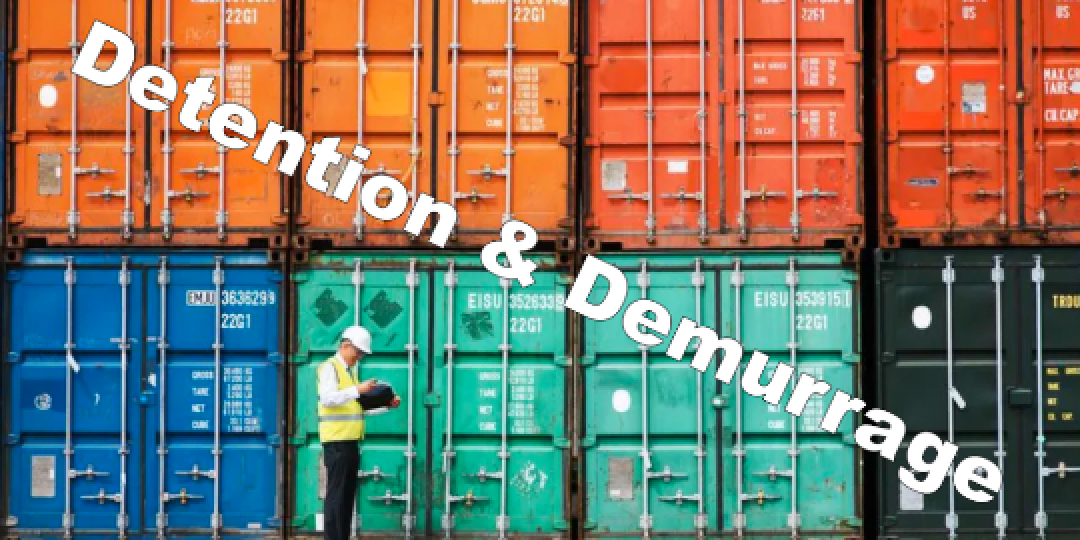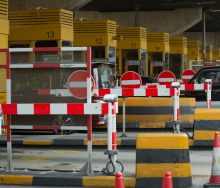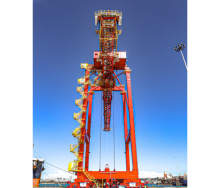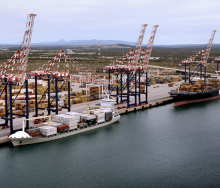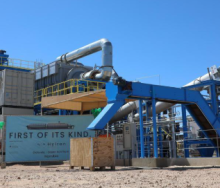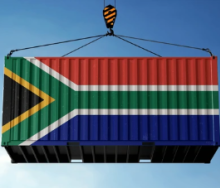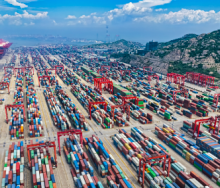Officials at the Port of Durban have refused to be drawn on the dreaded topic of detention and demurrage (D&D) charges, the bane of existence for transporters and cargo agents who, for years, have complained that the freight-forwarding industry is held to ransom by the liner trade.
At the centre of it all, as the primary cause for the lack of efficient and affordable container movement, is South Africa’s state-owned company (SOC) responsible for trade facilitation at the country’s ports – Transnet.
Accused for years of not doing enough to manage and maintain performance through optimised productivity levels, the SOC continues to struggle with demand, especially on the land-side of cargo movement.
Whereas the broad consensus was that throughput would have substantially improved thanks to the push for cleaner government by Cyril Ramaphosa, the freight industry has become disillusioned by the slow pace of change.
Some say there hasn’t been much change at all, especially at what was once Africa’s busiest, best-performing port.
In addition to lacking the mechanical means to move containers fast enough at the Durban Container Terminal (DCT), Transnet refuses to abolish a truck booking system hated by transporters and blamed by many harbour carriers for business closure.
One who has managed to remain in business is Mark Chettiar, who has said the D&D charges passed on to transporters by shipping lines for the late return of containers are squeezing the life out of some service providers.
He said harbour carriers were billed as much as $200 per box per day for late returns.
“Imagine you’re working with about 20 containers per shipment.”
Although it has become a well-established fact that the inability of harbour carriers to timely retrieve cargo from DCT is because of Transnet’s shortage of cranes to handle containers, transporters have to pay for the D&D damage.
“A colleague of mine was recently billed about R70 000 in a month for demurrage, and that’s just the tip of the iceberg,” Chettiar said.
“It’s ridiculous. There are some of us who can’t make it. Those of us who can pay, have to if we want to stay in business.”
He said Transnet was well aware of transporters' complaints that they didn’t have quick enough access to DCT, “but I don’t think they really care about us. Primarily they’re there to serve the shipping lines, and that’s it”.
More than one harbour carrier that Freight News has spoken to in the past, believes the SOC could be colluding with shipping lines to maximise billing through D&D charges, a difficult-to-prove accusation.
Be that as it may, Transnet was sent a set of questions about D&D, including being principally responsible for slow container movement that transporters are billed for by shipping lines not receiving boxes back in time.
However, because it’s such a loaded topic, the logistics utility only responded with the following: “The matter of demurrage is outside of Transnet Port Terminals’ (TPT) control, deeming the entity unqualified to comment.”
But Chettiar, who heads up a pressure group called Change in Logistics, said it was important to examine D&D's blatant unfairness and business-crippling practices.
He said when TPT was approached about delayed retrieval related to quayside congestion, harbour carriers were often reminded that they still had free time to handle a container.
“But our free time to have a box shouldn’t be taken up by Transnet not being able to release containers. All we want to do is pick up and drop off boxes. Why are we charged for demurrage when a container is still in Transnet’s possession?”
He said when they took it up with the likes of MSC and Maersk, they just said it was not their fault. All they want is to have their boxes back.
“They know full well that it’s Transnet that’s at fault but they charge us anyway because Transnet is their service provider.”
Chettiar said harbour carriers weren’t unwilling to pay for having containers longer than they were supposed to – if they were really responsible for not returning containers on time.
“The way D&D should really work is that we should be held responsible for a box from the time it’s gated out at the port, not sitting on the wharf while we’re waiting for Transnet to get its house in order. Unless the dynamics of billing changes, nothing’s going to change.”
When Chettiar spoke to Freight News, he said Transnet was sitting with about half the amount of straddle carriers as opposed to the 90-100 required to efficiently clear landed containers.
When Transnet was approached about not wanting to comment on D&D, it merely said it was doing what it could to deploy more machinery into the system.
It endeavoured to frequently furnish updated reports about the state of its crane functionality, long blamed by the industry as one of the main reasons why Durban has become one of the worst-performing ports in Africa.
